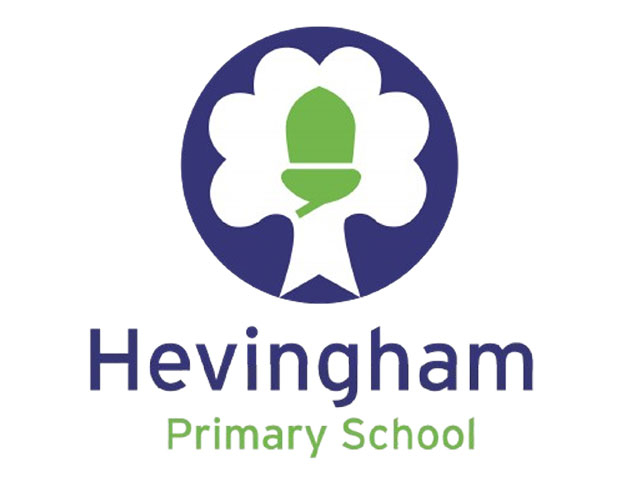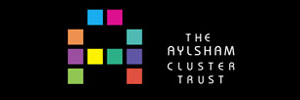Intent
At Hevingham and Marsham Primary School Partnership we believe that all children can become fluent readers and writers. We want children to develop a lifelong love for reading, and we believe that children should have access to language rich books and texts. Phonics provides the foundations for children to become fluent readers (decoders) and writers (segmenting for spelling).
Across the schools, developing a love of reading and the teaching of phonics is a high priority. Developing a love of reading is a core part of our practice in school. To support this, the children choose a reading for pleasure book from our libraries to take home and share with their families. The children will also take-home phonics focused book – these books only contain taught GPCs in line with our systematic synthetic phonics programme (SSP). The purpose of a phonics focus book is to develop blending and segmenting skills.
Implementation
Our schools both use Supersonic Phonic Friends which is one of the agreed government schemes. Children are assessed regularly and placed within groups suitable to their current phonetic needs. They receive daily phonics lessons taught by teachers and trained teaching assistants.
Each phonics lesson contains the following elements:
1. Revisit/Review – look at previously taught phonemes, graphemes, grapheme-phoneme correspondences, blending and segmenting skills.
2. Teach – Introduce new phonics learning linked to the phonics programme.
3. Practice/apply – Implementing the new learning. This could include practising blending and segmenting skills.
4. Consolidation – Following the completion of a unit of teaching (5 days) the children spend up to two days implementing their learning into further reading and sentence writing practise.
5. Assess – monitor the learning within each phase of the lesson to inform future planning.
In Reception, children will focus on Basics 2 and Basics 3. Pupils will learn how to blend and segment GPCs in order to read and write words. Reception children will also learn fifty sight words. In Basics 4 pupils will learn how to blend and read words which contain adjacent consonants and polysyllabic words.
In Year 1 children will begin the year by consolidating their learning from reception by looking back at Basics 4. The children will then learn alternative pronunciations and they will be exposed to the remaining alternative spellings from Choose to Use and Switch It.
In Year 2 the children begin by consolidating learning from year one and they then move towards looking at rare alternative spellings, reading and spelling pattern rules as linked to the National Curriculum. In the summer term the children are supported to master reading and spelling skills, in order to support them in accessing the Year 3 curriculum.
Children at risk of falling behind are quickly identified through daily lesson assessment and half termly phonics assessments. Children are then ability grouped to ensure they are learning the sounds and graphemes needed to support their learning and development. Pre and Post teach sessions are done with individuals who need to see the learning a little more. This is decided within the session during point in time assessments.


